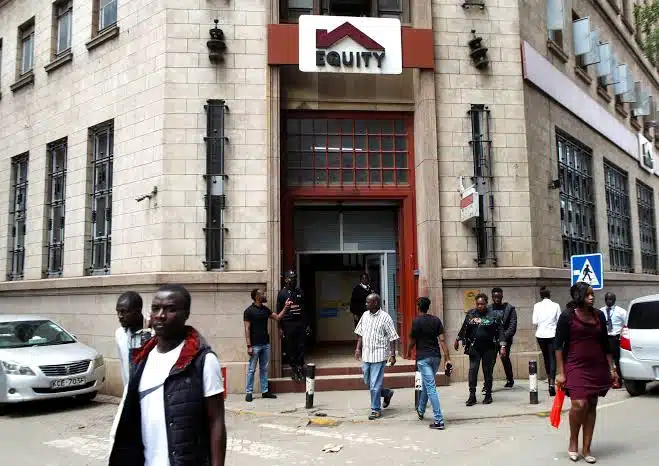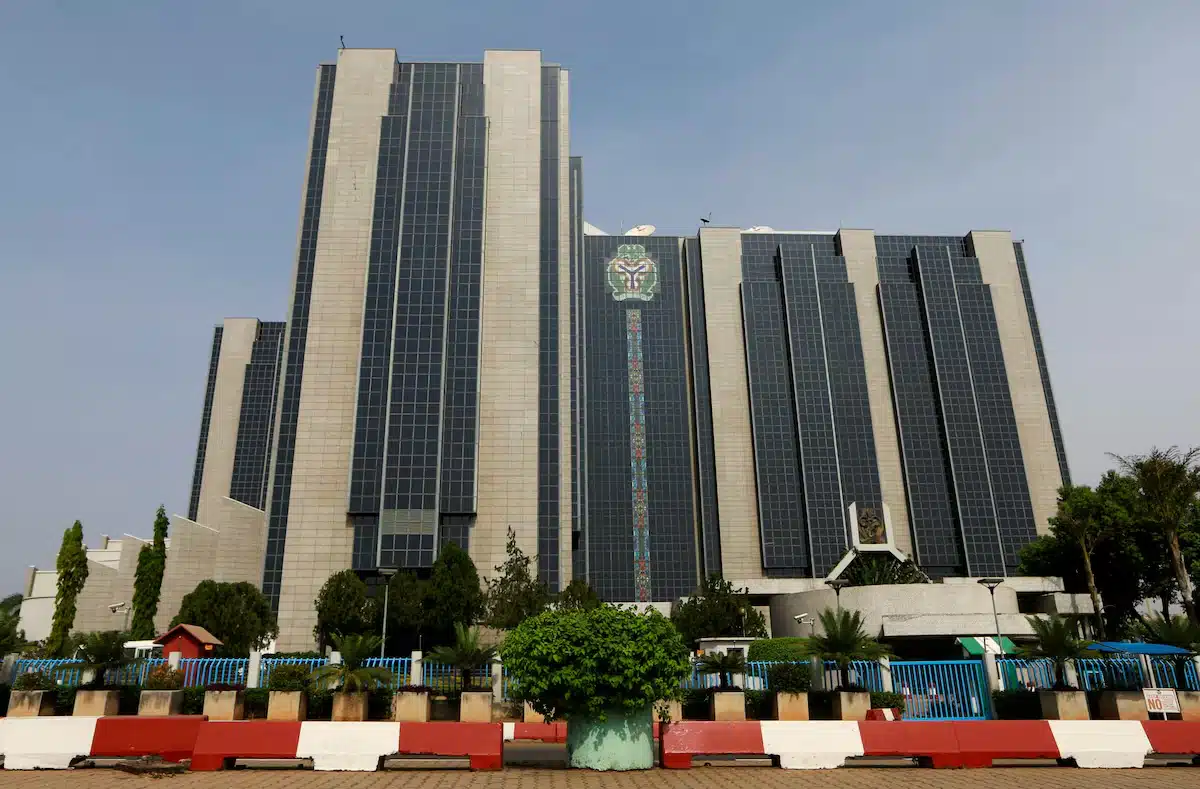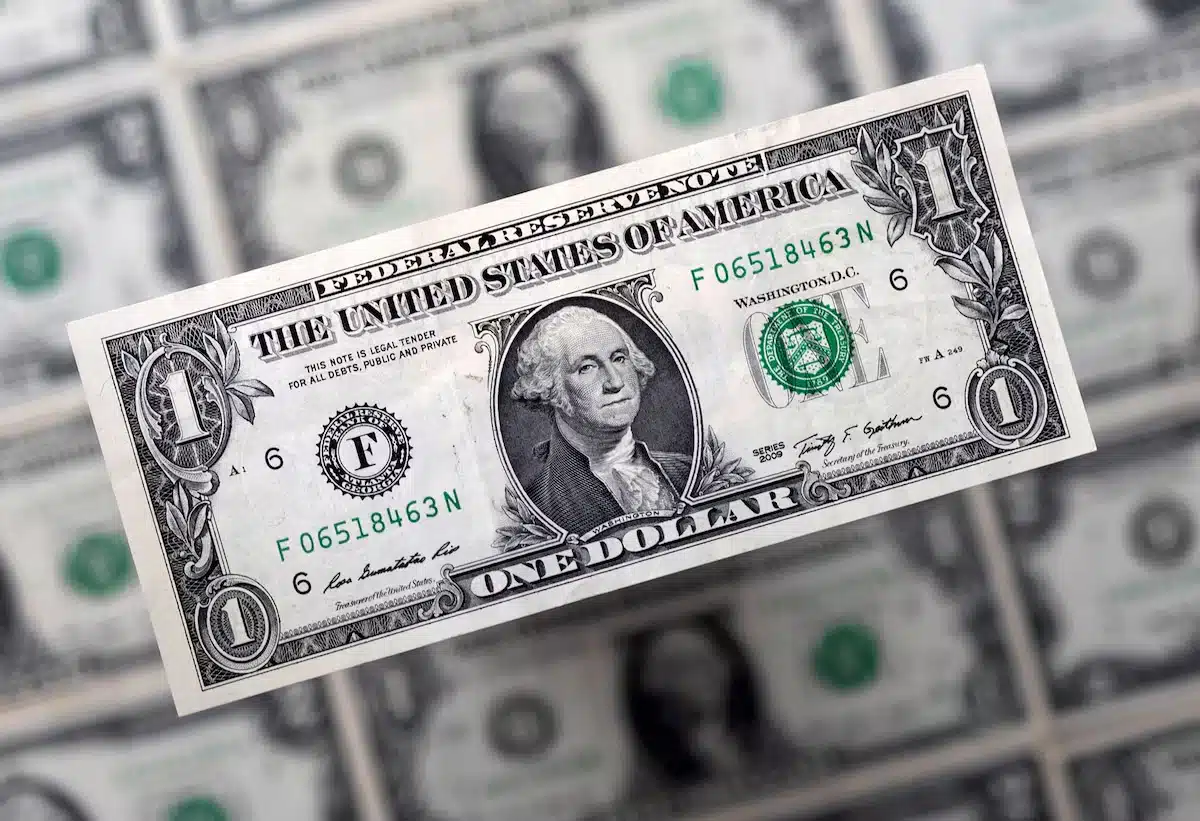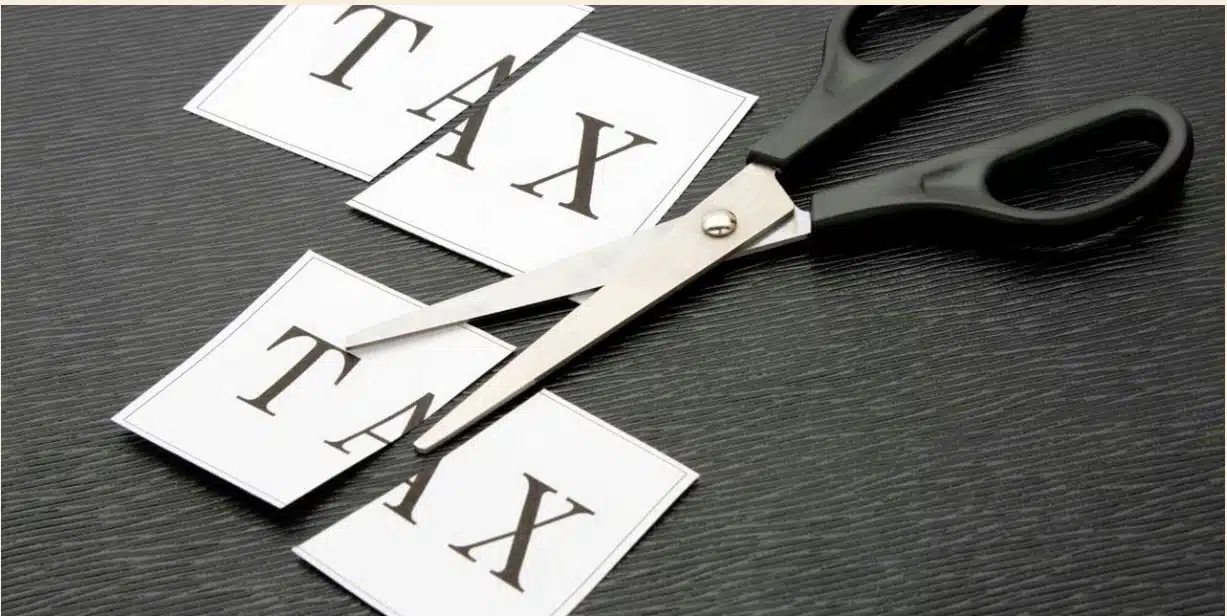Ethiopia’s nascent Interbank Money Market (IMM) has crossed 1 trillion Birr ($6.83billion) in cumulative transactions in less than a year since its launch — a major milestone in the country’s financial-sector reforms.
In a statement on Monday, the Ethiopian Securities Exchange (ESX) hailed the achievement as “historic” and a strong vote of confidence from market participants.
Launched in October 2024, the IMM has onboarded 26 commercial banks and operates under ESX oversight in line with the National Bank of Ethiopia’s (NBE) IMM Directive (MFAD/IBM/03/2024) and Code of Conduct.
The platform enables financial institutions to trade currencies and to lend and borrow short-term funds to manage liquidity, meet reserve requirements, and enhance transparency
“Crossing 1 trillion ETB ($6.83 billion) is more than a number. It signals improved fluidity in the market, increased transparency, and a reliable venue for daily funding needs,” said Michael Habet, Chief Operating Officer of the ESX in the statement.
The interbank market was established as part of the NBE’s broader effort to move away from direct monetary controls toward market-based mechanisms, to improve price discovery, liquidity allocation, and monetary policy transmission. The platform crossed the ETB 500 billion mark within its first six months.
Monetary policy, market conditions
The milestone comes as Ethiopia begins a new fiscal year in July 2025. The NBE recently raised the banking sector’s credit-growth ceiling to 24%, up from 16%, while signaling that it would maintain a tight monetary stance despite moderating inflation and improving external accounts.
“A tight monetary stance will be upheld even as inflation moderates and external accounts strengthen,” the central bank said, noting that reforms aim to improve liquidity conditions and support inclusive, sustainable growth.
Ethiopia’s annual inflation eased for a third consecutive month to 13.6% in August 2025, the lowest since March, down slightly from 13.7% in July, according to the Ethiopian Statistical Service.
The NBE cited stronger inflows from exports of gold, coffee, air transport, tourism, and the establishment of a formal interbank money market alongside a Standing Lending Facility to ease short-term liquidity strains, as helping to support money supply growth.
Broad money and base money, which measure total money supply, grew by 23.1% and 70.7%, respectively, at the end of August, while short-term interest rates declined. The average yield on 91-day Treasury bills fell to 15.0% in August from 17.6% in June 2025.
Analysts say these trends have helped sustain a current-account surplus and a positive balance of payments, which is projected to continue into 2026, supported by easing tariffs and stronger demand.
Financial sector reforms and outlook
The IMM milestone follows years of back-and-forth over opening Ethiopia’s financial sector to foreign banks.
A breakthrough came in June 2025, when the National Bank of Ethiopia (NBE) issued the Directive on Licensing and Renewal of Banking Business and Representative Offices (SBB/94/2025), formally allowing foreign investors to apply for banking licences and acquire stakes in local lenders.
So far, four of Africa’s largest lenders – KCB Group, Equity Group, Banque pour le Commerce et l’Industrie Mer Rouge (BCIMR), and Standard Bank Group – have signalled plans to enter the market, highlighting investor interest in the Horn of Africa’s untapped financial market.
Officials and economists view a robust domestic financial architecture, including an efficient interbank market, as essential to successful liberalization. Still, some market watchers remain cautious, pointing to the infancy of the country’s securities exchange and the need to build institutional depth.
Note: Figures were converted at the official average exchange rate of ETB 146.41 per US dollar as of September 29, 2025, and ETB 134.34 per US dollar for the first six months of 2025.











